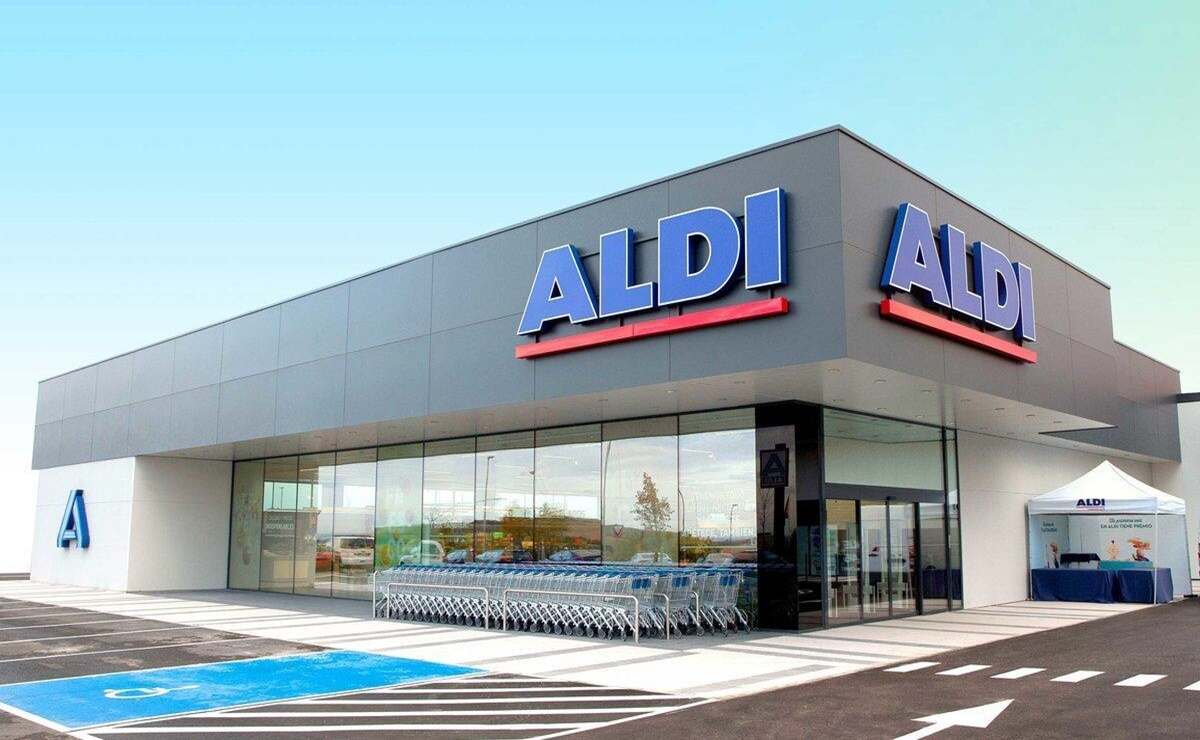It has been 25 years since the first yellow, and blue recycling garbage cans appeared in our lives. Since then, it is not difficult to see how more and more people are becoming environmentally conscious of the environment and seek to recycle and make others aware of this task, whether at home or outside. This is something that Aldi has taken very well into account; so much so, that in its catalog, we can find a great recycling bin that will make everything easier.
Thus, this type of accessory, beyond the traditional garbage can, has become vital to keep the kitchen clean, hygienic and in optimal conditions for its use. So many times, when we decide on something as simple as throwing out the garbage, we don’t find the bin that best suits our needs in terms of odor elimination, capacity and recycling. And this is why we believe Aldi ‘s will totally be.
Now you can recycle in a more hygienic way with this Aldi recycling bin.
All in all, recycling our garbage involves a change in the habits of everyone in the household. But, once the chip is changed and clicked, the truth is that this action at home comes out by itself. And with the Home Creation helper article from the German supermarkets, this will be even easier. The reason for this is that it is a cube in which it conforms to a type of technology to make this even more effective.
Aldi recycling bin sensorWithout having anything to do with smaller kitchens or places where space may be more limited, the one we have is a structure in which different cubes are put together so that you can recycle various materials in a small space. A proposal like this one from Aldi that we know everyone will like, especially because it will allow to take this awareness in a totally accessible way.
With an integrated sensor for detection, it will allow the best comfort and efficiency.
Bringing that convenience and efficiency, this is a recycling bin with a sensor that is a real discovery and we know it will be a more than a creative way to have at home to have everything organized without losing anything you can throw away. This sensor, as such, is a presence function for automatic lid opening and closing. Thus, when our hand enters the detection area, the lid opens.
This is done to make it easier for us to throw the waste inside the bucket. In the same sense, it also has an automatic lid closure. It offers an airtight, odor-proof seal and non-slip base and has a service life of 10,000 closings and openings. Made of stainless steel and ABS, Aldi’s comprises three drawers: one upper, 37 liters; another, a 4-liter pull-out bucket and finally a lower one with 2 12-liter pull-out buckets.
Some recycling tips
Recycling also means reusing what you will throw away because you think it is no longer useful. For example, you can make creative crafts like a toilet bag with the bottom of two plastic bottles. You can also take advantage of torn socks that can no longer be used as puppets to organize improvised plays for the enjoyment of the little ones. We invite you to investigate these types of ideas to make the most of your leftovers creatively. Don’t just throw it away!
The benefits of recycling.
The average person produces about 1.5 tons of solid waste per year. Approximately one-third of this waste is recycled. Recycling has many benefits:
- Reduces the amount of waste to be disposed of in landfills and incinerators.
- It conserves natural resources such as wood, water and minerals.
- Saves energy.
- Reduces pollution from manufacturing processes.
But what are the specific benefits of recycling? Here are some key points:
- – Conserve natural resources: when we recycle, we reduce the demand for virgin materials such as wood, paper and metals. This helps conserve our natural resources, which would otherwise be depleted if we continued to rely solely on new (or “primary”) sources.
- – Prevents pollution: The production of recycled goods causes much less pollution than the production of virgin materials. For example, making aluminum cans from recycled aluminum requires 95% less energy than making them from scratch. This reduction in energy use translates into significant reductions in air pollution and greenhouse gas emissions.
- – Saves energy: as mentioned above, recycling conserves energy by reducing the need to extract and process virgin materials. But recycling also helps save energy at home and in businesses through a process called “reuse”. When we reuse items such as bottles or bags instead of throwing them away, we avoid using additional energy to produce new versions of those items.
- – Creates jobs: in the United States alone, there are more than 1 million jobs in the recycling industry – that’s more than twice as many as in waste management! These jobs range from sorting and processing recyclable materials to manufacturing new products from recycled materials.
The importance of recycling.
While the benefits of recycling are clear, many people still do not recycle regularly. One reason for this is that recycling can be seen as an inconvenience or a waste of time. However, there are simple ways to make recycling easier, such as keeping a container for recyclables in your home or office. By taking these small steps, we can all help make a difference in the fight against climate change and protect our environment for future generations.

